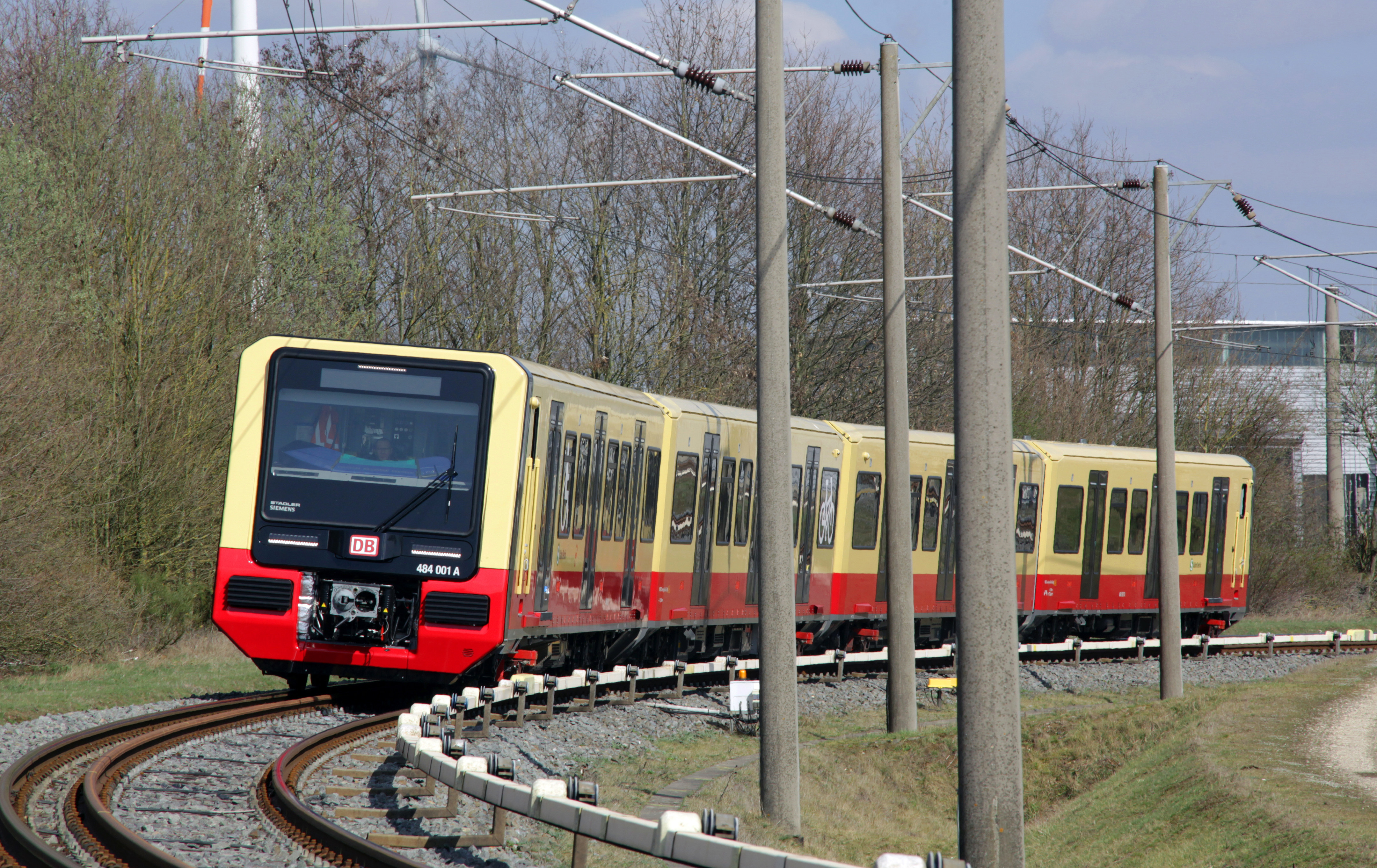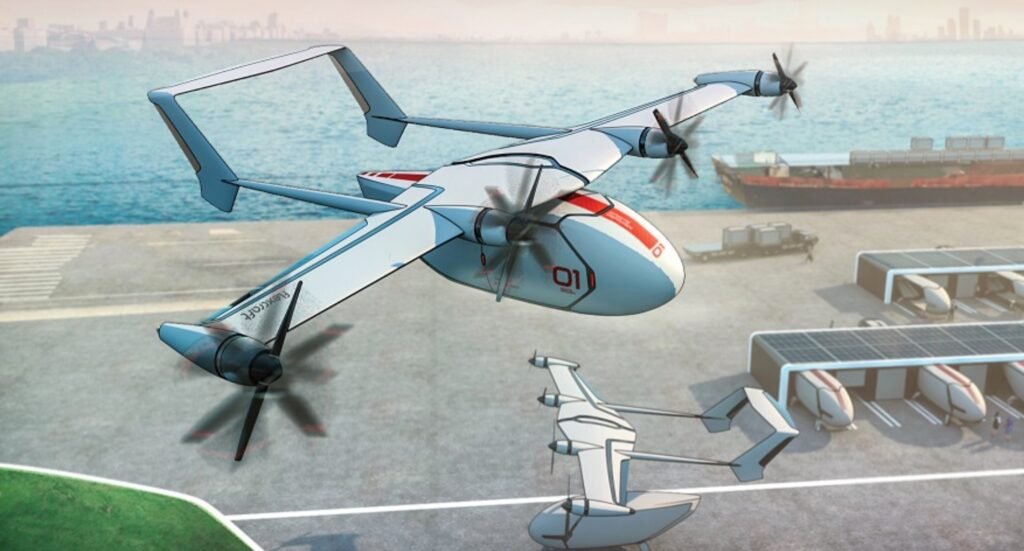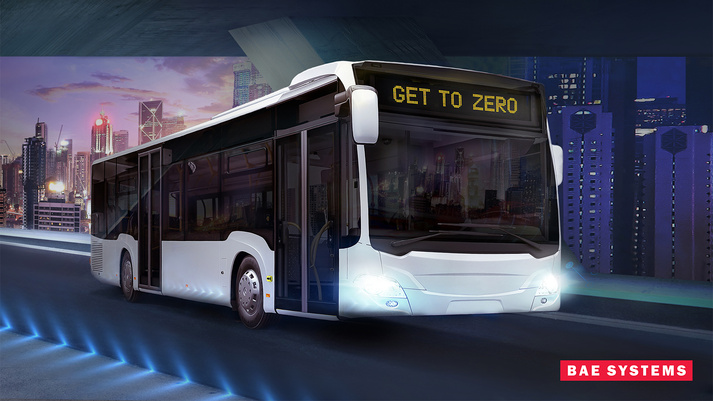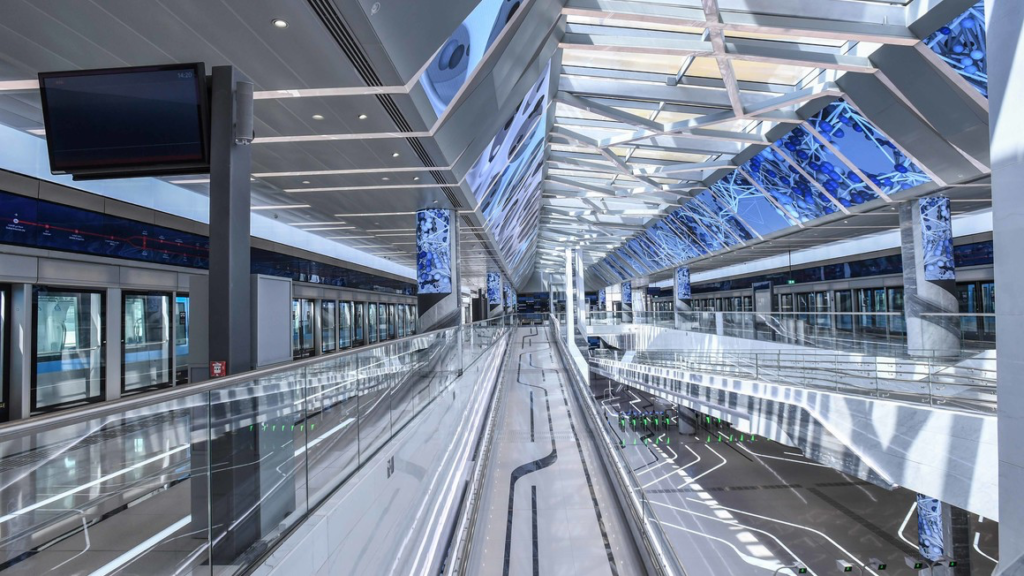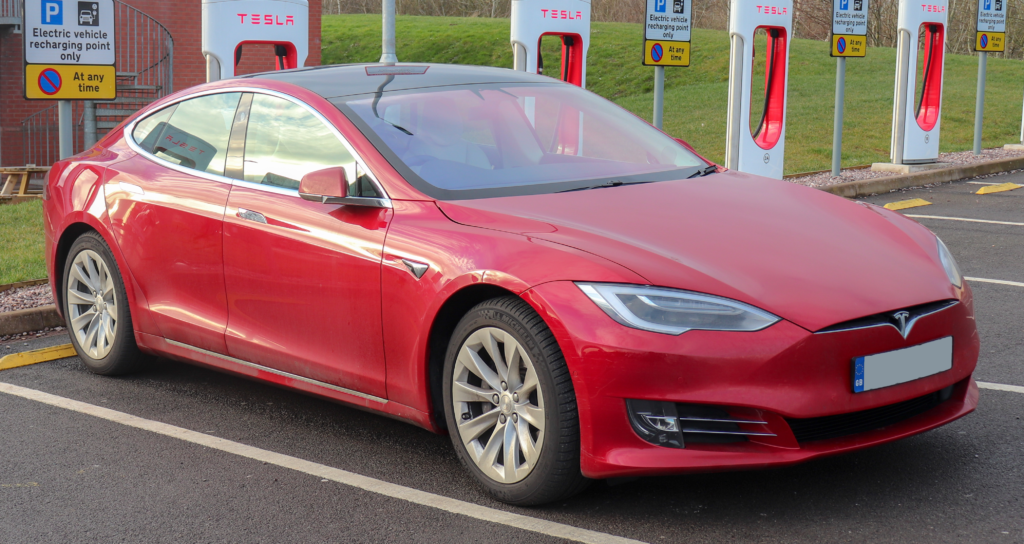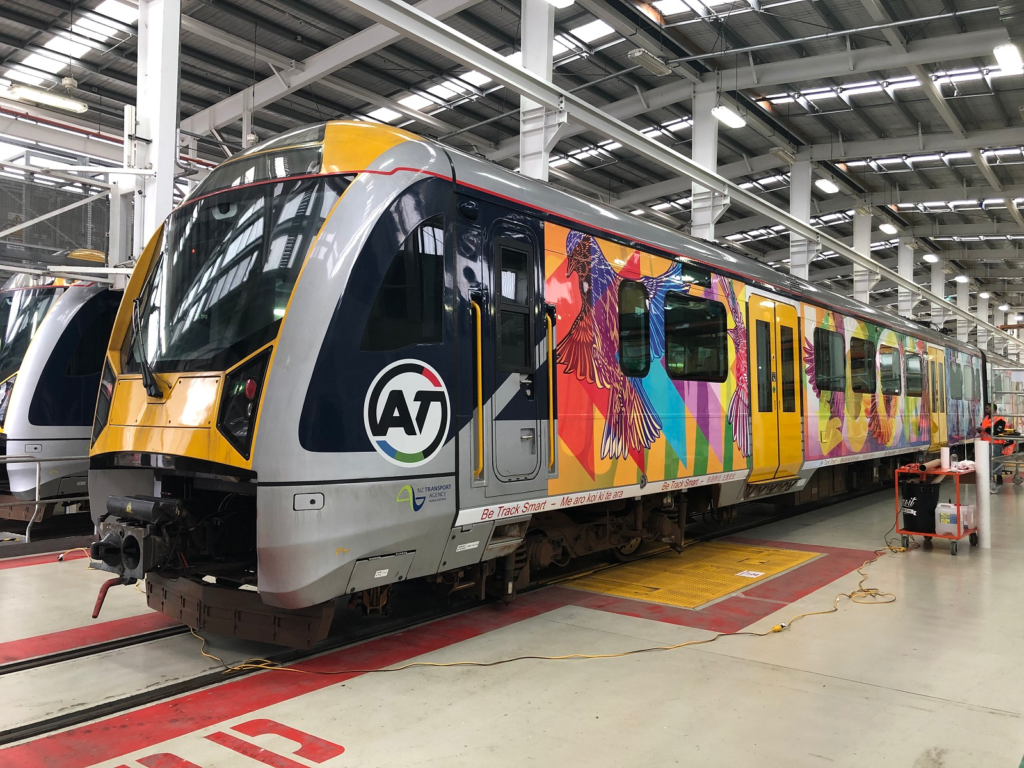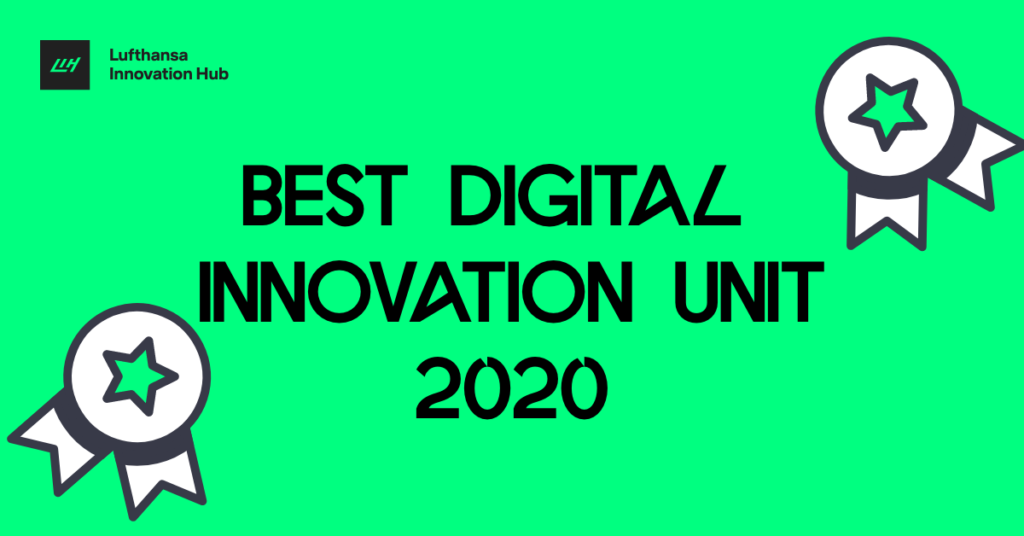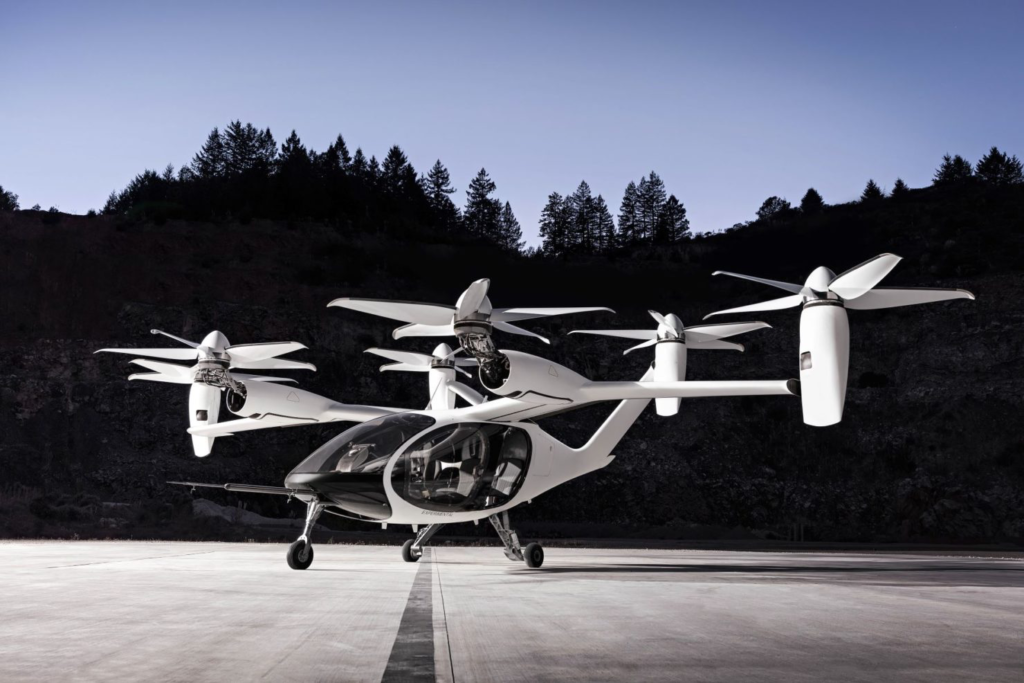Stadler Assessment of the First 100 Days of New Berlin and Brandenburg S-Bahn Trains
Berlin’s new S-Bahn trains are a hundred days old, yet already proving highly reliable. The new 483/484 series has passed its baptism of fire and also proved itself during the spell of cold winter weather…
